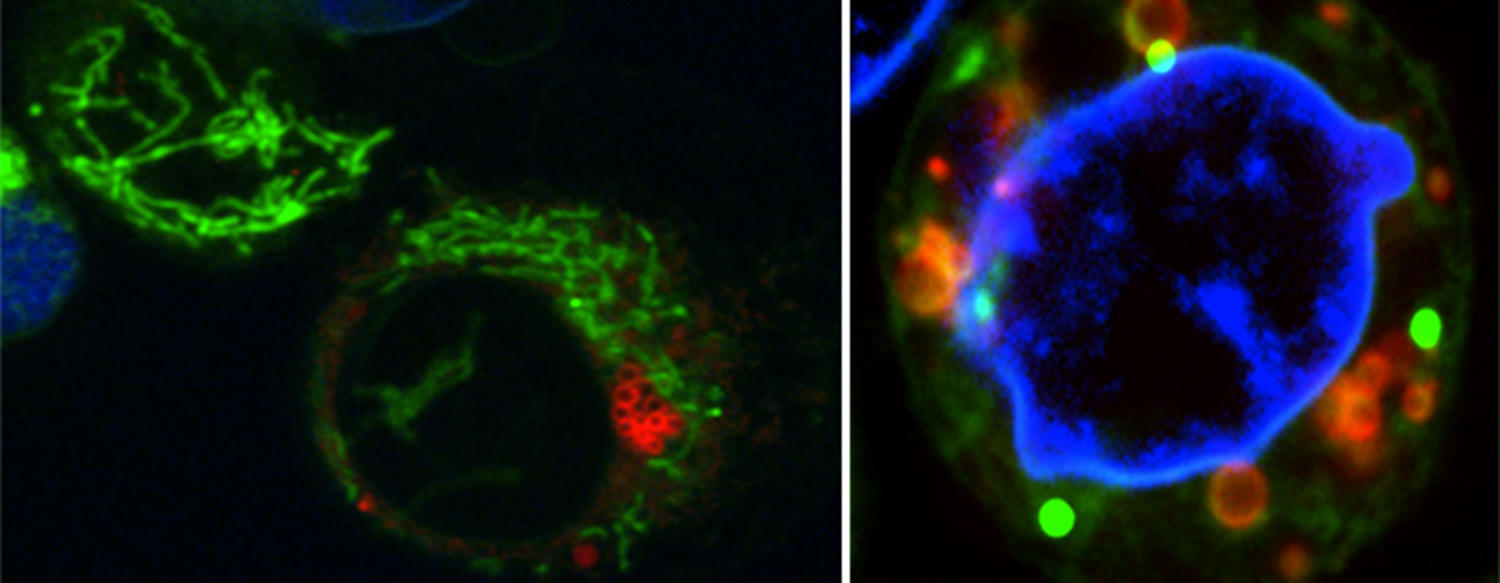Dissecting the roles of RORγt in human Th17 cells

Th17 cells are an Interleukin-17-producing subset of CD4+ T effector cells that are centrally implicated in many human inflammatory and autoimmune diseases, from inflammatory bowel disease to multiple sclerosis. The retinoid orphan receptor gamma t (RORgt), a nuclear hormone receptor, programs Th17 cell development and function. With the ultimate goal of modulating inflammatory T cells in disease settings, we undertook chemical and genetic screening to identify RORgt target genes that drive human Th17 cell function. Intriguingly, our results implicated a group of genes in a novel pathway that would link lipid metabolism, RORgt activity and Th17 cell functions. We will thus test the hypothesis that Th17 cell function is controlled in large part by RORgt target gene regulation of lipid metabolism.
Lipid–regulatory mechanisms that underlie autoimmune diseases and the biogenesis of pathogenic IL-17 producing T helper cells (Th17) are poorly understood. The results of our current study may reveal new strategies for the treatment of human autoimmune inflammation.


